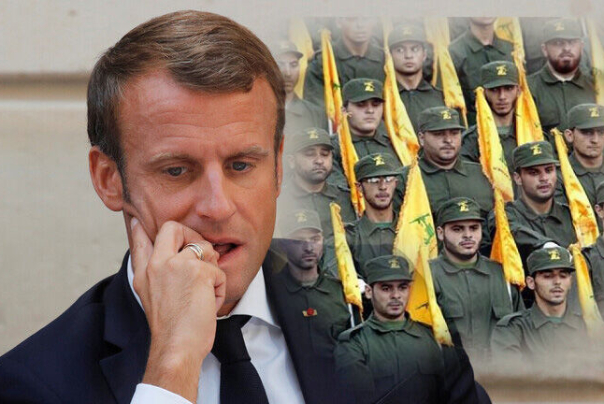
NOURNEWS - The end of Emmanuel Macron's 15-day deadline for Lebanese officials and politicians to form a government has reinforced the fact that Prime Minister-designate Mustafa Adib is likely to step down due to pressure.
Although talks to form a new government in Lebanon continue amid controversy, behind the scenes, larger projects are under way, such as exerting political and economic pressure and disarming Hezbollah by the pro-Western current.
At the same time, competition between foreign actors to increase influence in the Lebanese political structure continues, and even this rivalry can be seen in US and French policies.
On the other hand; In recent days, anti-resistance movements have staged demonstrations and rallies to urge the military to implement UN Security Council Resolution 1559, adopted in September 2004, on the issue of militant disarmament in Lebanon.
According to the resolution, only the army and other official military and law enforcement agencies are allowed to carry weapons in Lebanon, and Hezbollah must be disarmed.
There is no doubt that influential Western parties in Lebanon, such as France and the United States, are trying to link both financial aid and political reform in the country to the disarmament of the resistance.
However, a review of previous French interventions in Lebanon's internal affairs reveals more than anything else Paris's past failures and false promises, especially that even if there is a real will to do so, Europe's economic problems are a major obstacle. Their economic aid will be to Lebanon, and Macron, knowing this, only seeks to make himself a hero and gain more influence in the country.
On the other hand; Seyyed Hassan Nasrallah has repeatedly stated in several speeches that Hezbollah does not seek power at all and only thinks of serving the people and defending their security and comfort. This point has been quite clear in the political behavior of Hezbollah in different periods.
Another important point is that; Hezbollah is basically a group who are present in the Lebanese political structure with the trust and vote of the people, so sanctions or foreign plans cannot remove it from the Lebanese political sphere. Hezbollah's popularity among non-Shiites, especially Christians, is a testament to this claim.
Given that Hezbollah did not enter Lebanese rule, the general public and the various sections of the Lebanese people agree that the problems and corruption in the Lebanese political structure are the product of the actions of the resistance movements and the March 14 leaders such as Saad Hariri and Fouad Siniora who rely mainly on foreign countries.
All this while Hezbollah has always supported any reforms in the Lebanese political structure, provided that the reforms are completely Lebanese and have not been imposed by foreign powers, including France.

No comments:
Post a Comment